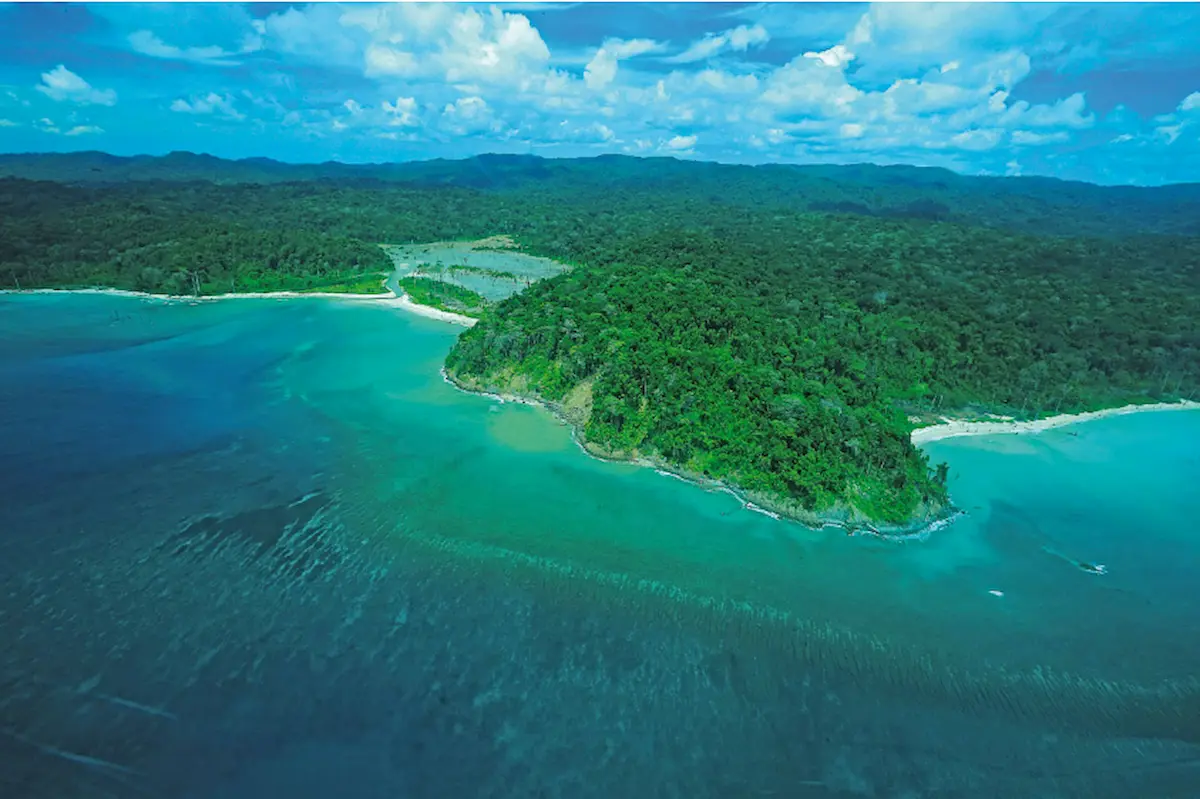
India, as a large port, is officially informed of the International Port of Transit Container (ICTP) in the Gulf Galat, the Great Island of Nikobar and shows an important moment in the country’s maritime infrastructure strategy.
Vision that anchored on a scale and strategy
ICTP is part of the ambitious Nikobar High Comprehensive Development ProjectWhich includes:
- An international airport
- A power plant
- A city
The shipment pole is designed for office 16 million Teu per yearDeveloped in four stages at an estimated cost of £ 43,796 (~ $ 5 billion).
This puts it as a key node in India’s attempt to reduce dependence on close external transfer centers, such as Colombo, Singapore and Port Clang.
Hindustand Times quoted from the ports and the Minister of Transportation sarbananda Sonowal “This proposed transport hub with a capacity of 16 million TEUs per year is likely to develop in four stages at an estimated cost ₹43,796 Corrence“
– Advertise here –
Strategic and environmental balanced action
While the project promises strategic and economic benefits, it has also raised environmental concerns. The Nikobar Islands are at the center of Sandalland’s biodiversity, a global environmental area.
Bhupender Yadav, Minister of Environment of the Union, quoted the Minister of Environment, quoting the Minister of Environment of the Union, saying that “sample reduction measures” have been incorporated to minimize environmental impacts, balance national and defense interests with environmental stewardship.
Movement of sea infrastructure
The port and the Minister of Transportation of Sarbananda Sonowal also emphasized the approval of a new deep -sea port in Wadwan, Maharashtra with a container control capacity of 23.2 million TEUs per year and an estimated cost of £ 76.220 pounds ($ 8.73 billion). The first phase is expected to be completed by 2030.
Together, these developments are part of a widespread investment of $ 20 billion in marine infrastructure for the purpose:
- Large Large Container Housing (ULCV)
- Increasing Indian competition in world trade
- Strengthening strategic corridors such as India-Yoruope Economic Corridor India and International Corridor North and South Transportation Corridor
What does this mean for world trade
For transportation, transportation transportation and logistics specialists, notice of the Great Nicobar as important port signals:
- Change in regional transit dynamics
- Potential cost efficiency by reducing trust in foreign centers
- New opportunities for strategic routing and capacity planning
Since India continues to change its maritime status, stakeholders throughout the supply chain need to conclude how these infrastructure changes will change commercial currents and competitive situations.